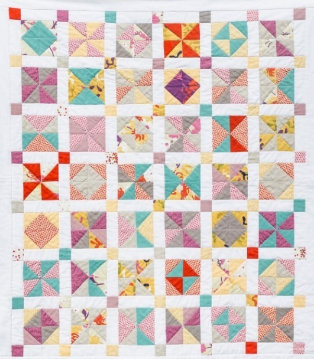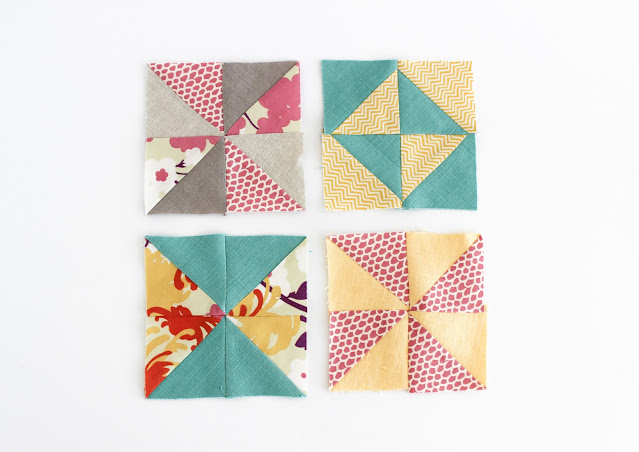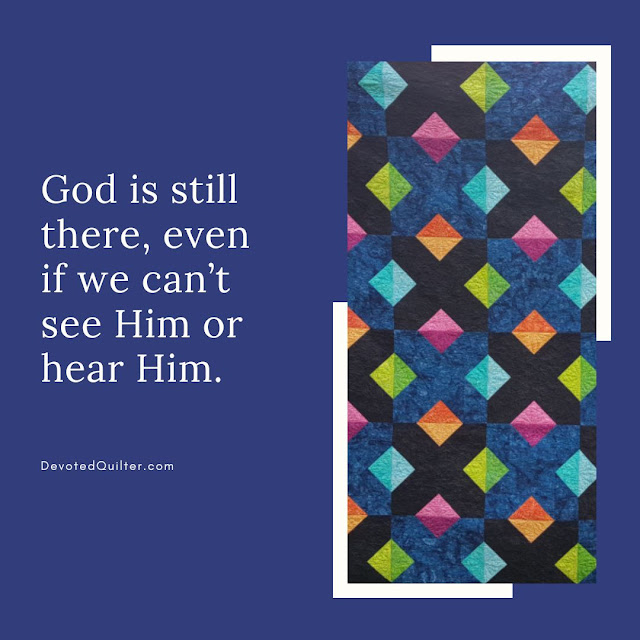Devotion for the week...
I'm that stereotypical person who thinks of the perfect answer for a conversation three hours too late. In the midst of any debate all the things I could say to prove my point fly right out of my head and I'm left floundering. Can you relate? Or are you good at thinking quickly? If you are, then I'm a little jealous.
This is why I've always preferred writing. With writing I can mull things over, try out different ways to say what I want to say, and come back later to read over the whole piece to make even more edits so it's cohesive and clear. You can't do that in a real-time conversation!
This is also one reason I talk about God much less in 'real life' than here on my blog. Here I'm in my comfort zone, talking to you through my computer, where I have the time to pause and choose my words carefully, delete entire paragraphs, rewrite them, and take two days to write a page or two.
Because of my preference for writing, there's one verse that has always made me a little nervous. Peter wrote, "if someone asks about your hope as a believer, always be ready to explain it" (1 Peter 3:15). Please, can I just require that anyone who wants me to explain my hope as a believer has to be okay with a written response in a few days? Obviously, that's not going to work, even if it would make me more comfortable.
I take comfort in knowing we don't have to be perfect in how we answer people who ask us about our faith. Peter tells us to be ready to explain our hope, but there's no requirement that we never trip over our words or need to correct ourselves. Being ready to explain it means knowing what we believe and why, but it doesn't mean we have to be smooth in our delivery. In fact, Paul wrote "my message and my preaching were very plain. Rather than using clever and persuasive speeches, I relied only on the power of the Holy Spirit" (1 Corinthians 2:4). Whew! Even if the best we can do is halting and imperfect, God can still use it.

I also love that telling someone about God is often a team effort, with God directing the whole thing. Someone may ask me a question today and I answer them, however imperfectly. Then next week, or next month, or even next year, they talk to someone else, and that person shares something that, when put together with what I said, helps that person to believe in Jesus as their Savior. Though he was writing to correct the Corinthians for fighting amongst themselves about who they followed, Paul explained this concept of the team effort like this: "I planted the seed in your hearts, and Apollos watered it, but it was God who made it grow. It’s not important who does the planting, or who does the watering. What’s important is that God makes the seed grow. The one who plants and the one who waters work together with the same purpose. And both will be rewarded for their own hard work. For we are both God’s workers" (1 Corinthians 3:6-9). That's reassuring because it means my answer isn't the 'be all and end all' when it comes to someone else believing in Jesus. I do my best, you do yours, and God will do the rest.











